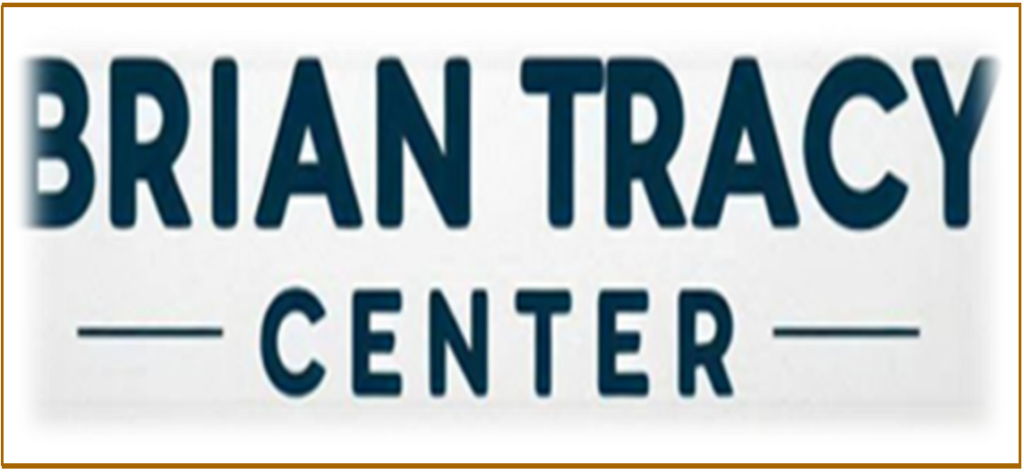When you hear the phrase “leadership skills,” what comes to mind? Do you think of the practical know-how, the mechanics of guiding a team? When you picture leadership skills, do you envision the tangible actions and strategies that a leader employs? The steps they take, the plans they make, and the decisions they execute? This is often what we refer to as the mechanics of leadership. It’s the nuts and bolts—the processes and techniques that leaders use to steer their teams and achieve their goals.
But here’s an interesting question: Are these mechanics enough on their own? Are the practical skills of leadership all you need to be truly effective? Think about it—great leadership often involves more than just a set of procedures or strategies. It’s also about the mindset, the ability to adapt, inspire, and connect with your team on a deeper level. In this article, we will explore the mechanics versus the mindset of leadership effectiveness and recommend the ultimate approach for true leadership success.
The Mechanics of Leadership
Mechanics are the foundational skills that every leader needs. These include strategic planning, resource management, communication, delegation, and performance monitoring. Mastering these skills enables leaders to navigate the complexities of organizational operations, ensuring that tasks are completed efficiently and objectives are met.
Strategic Planning: Effective leaders must be adept at setting long-term goals and developing detailed plans to achieve them. This involves analyzing current resources, forecasting future needs, and anticipating potential obstacles.
Resource Management: The ability to allocate time, money, and human resources optimally is essential for maintaining productivity and ensuring that projects stay on track.
Communication: Clear, concise, and consistent communication is vital for aligning team members, conveying expectations, and providing feedback. It also fosters an environment of transparency and trust.
Delegation: Leaders must be able to delegate tasks effectively, ensuring that responsibilities are matched with team members’ strengths and capabilities.
Performance Monitoring: Regularly assessing progress and making necessary adjustments is crucial for maintaining momentum and achieving desired outcomes.
The Mindset of Leadership
While mechanics provide the operational backbone, mindset infuses leadership with purpose and resilience. A leader’s mindset can profoundly influence their effectiveness, shaping how they perceive and respond to various situations.
Growth Mindset: Leaders with a growth mindset view challenges as opportunities for learning and development. They embrace change, seek out feedback, and continuously strive for improvement.
Resilience: The ability to bounce back from setbacks and maintain a positive outlook is essential for navigating the inevitable ups and downs of leadership.
Empathy: Understanding and addressing the needs, concerns, and aspirations of team members fosters a supportive and motivated work environment. Empathetic leaders build strong relationships and inspire loyalty.
Vision: A clear and compelling vision provides direction and purpose, guiding decisions and actions. Leaders who can articulate and embody their vision inspire others to commit to and work towards shared goals.
Self-awareness: Effective leaders possess a deep understanding of their strengths, weaknesses, and values. This self-awareness enables them to lead authentically and make informed decisions.
Integrating Mechanics and Mindset
To achieve leadership effectiveness, it is essential to integrate both mechanics and mindset. Leaders who focus solely on mechanics may excel in task management but struggle to inspire and engage their teams. Conversely, those who prioritize mindset without honing their practical skills may lack the necessary tools to implement their vision effectively.
Balanced Development: Investing in both technical skills and personal development ensures a well-rounded leadership approach. Training programs, coaching, and self-reflection can help leaders cultivate the necessary competencies and attitudes.
Adaptability: The dynamic nature of leadership requires a willingness to adapt both mechanics and mindset. Leaders must be open to new ideas, flexible in their strategies, and resilient in the face of change.
Authenticity: Integrating mechanics and mindset authentically means aligning actions with values. Leaders who are genuine in their intentions and transparent in their methods build trust and credibility.
Conclusion
In the quest for leadership effectiveness, both mechanics and mindset play pivotal roles. Mastering the tangible skills of leadership while cultivating a positive and resilient mindset creates a powerful synergy. By striking a balance between these two elements, leaders can navigate complexities, inspire their teams, and drive meaningful change. The journey to effective leadership is an ongoing process of learning, growth, and adaptation—one that ultimately leads to greater impact and fulfillment.


